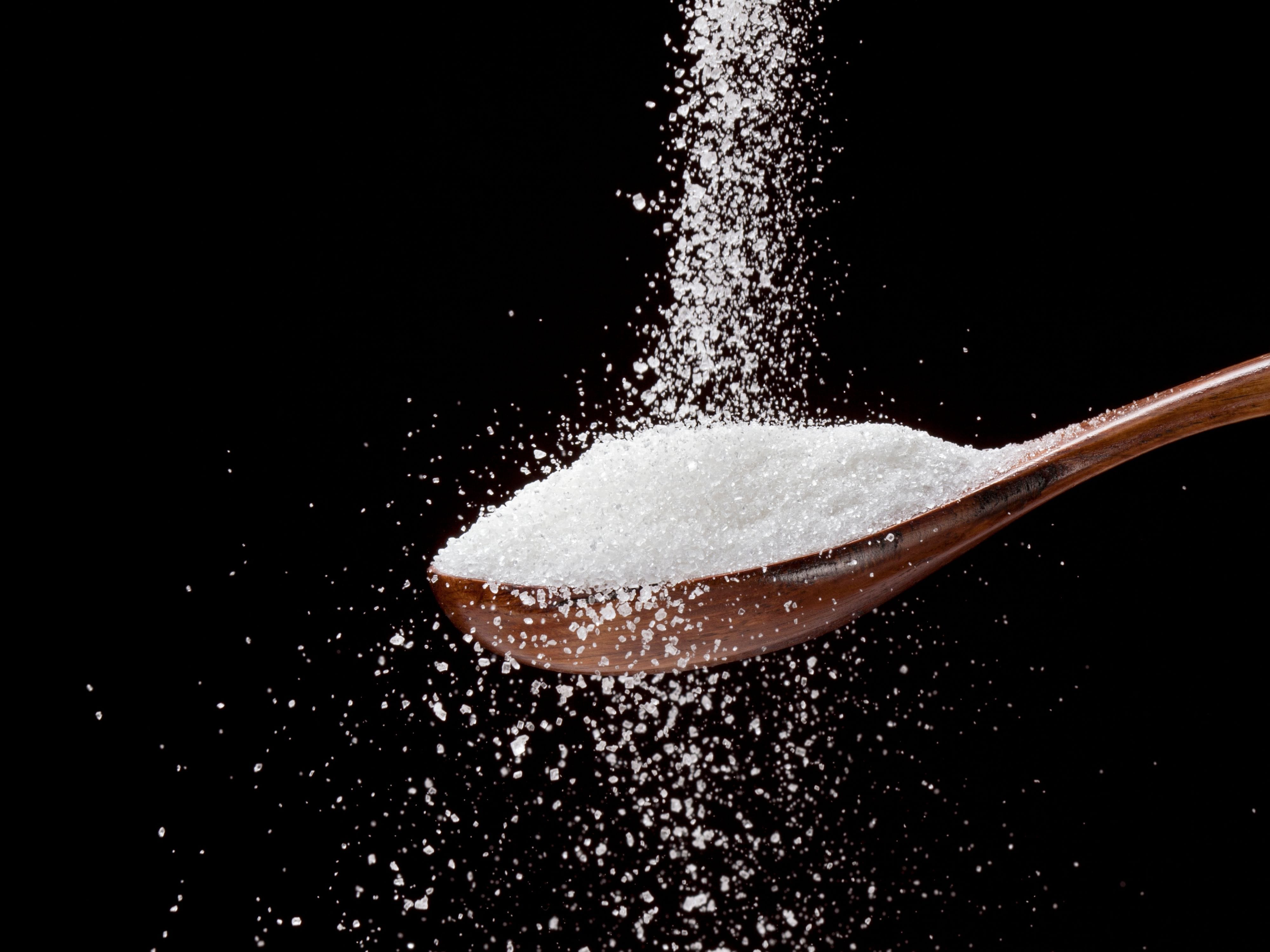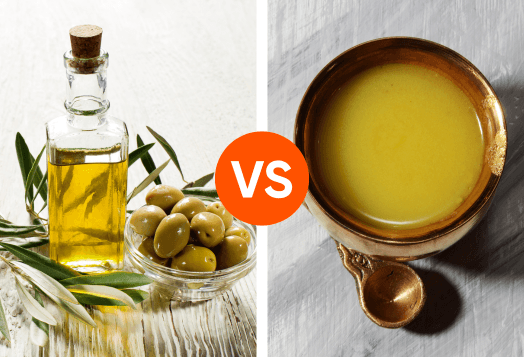
We all just love a little sweetness in our lives– our morning coffee, fizzy drinks, or those tempting desserts. The growing concern about what sugar might do with our bodies has given rise to sugar substitutes, promising us that we could indulge guilt-free. These alternatives claim to provide the sweetness we crave without any extra calories or sugar spikes. Sounds like the perfect solution, doesn’t it? But here’s the big question: Are artificial sweeteners safe? And is sugar-free sugar good for health?
What Are Sugar Substitutes?
Sugar substitutes are low-calorie or calorie-free alternatives to regular sugar. They are widely used in diet foods, beverages, and even daily cooking. But are they truly a healthier option for you? These alternatives fall into natural and artificial categories, raising questions about their long-term effects on health.
Types of Sugar Substitutes
Broadly, there are two types:
- Artificial Sweeteners: Chemically processed options like aspartame, sucralose, and saccharin. They are intensely sweet yet contain few to no calories.
- Natural Sweeteners: Derived from plants, examples include stevia, monk fruit, and sugar alcohols like erythritol.
While artificial sweeteners are advertised as healthier options, it's important to ask: Are they safe? Let's dive deeper.
Are Artificial Sweeteners Safe?
Artificial sweeteners have been a topic of debate for decades. Research published by Harvard Health reveals conflicting evidence: some studies show that artificial sweeteners are safe for moderate consumption, while others suggest potential links to health risks like obesity.
Weight Management: Artificial sweeteners provide sweetness without calories, which can help reduce overall calorie intake.
Diabetic-Friendly: They don’t spike blood sugar levels, making them useful for managing diabetes.
Dental Health: Unlike sugar, artificial sweeteners do not contribute to tooth decay.
Risks to Consider
Cravings: Artificial sweeteners can sometimes increase cravings for sugary foods, leading to overeating.
Gut Health: Some studies suggest that artificial sweeteners might negatively impact gut bacteria, affecting digestion and metabolism.
Long-Term Safety: Research remains inconclusive about the long-term impact of consuming artificial sweeteners regularly.
In moderation, artificial sweeteners can be safe, but it’s essential to stay informed about their effects.
Is Sugar-Free Sugar Good for Health?

What Does ‘Sugar-Free Really Mean?
‘Sugar-free’ doesn’t always mean healthy. Many products labelled as sugar-free contain artificial sweeteners or sugar alcohols, which may have health risks.
Benefits of Sugar-Free Products
Sugar-free alternatives provide various health benefits, making them a wise choice for many. They help lower calorie intake, aiding weight management without compromising taste. Sugar-free goods help diabetics maintain blood sugar levels by minimizing random glucose spikes. Additionally, they are kinder on teeth, lowering the risk of cavities induced by sugary foods.
The Reality Check
The question- Is sugar-free sugar good for health? has no one-size-fits-all answer. While it reduces sugar intake, relying on it excessively can result in unintended health consequences.
Natural Sweeteners: A Safer Alternative?
Natural sweeteners like stevia, monk fruit, and erythritol are becoming increasingly popular healthy alternatives for consumers trying to reduce their sugar intake. These plant-based sweeteners provide the sweetness of sugar without the high-calorie content or adverse side effects associated with artificial alternatives. They are also an excellent choice for people with diabetes because they have a low impact on blood sugar levels. With their natural origins and health advantages, these sweeteners offer an exciting option for individuals looking for a healthier approach to satisfy their sweet cravings.
Benefits of Natural Sweeteners
- Low-Calorie: Stevia, for example, has zero calories while being 200-300 times sweeter than sugar.
- Diabetic-Friendly: Natural sweeteners do not cause spikes in blood sugar.
- Clean Label Appeal: Being plant-based, they are usually preferred over chemically processed alternatives.
The Catch
While natural sweeteners such as stevia, monk fruit, and erythritol are frequently seen as healthier alternatives to artificial sweeteners, it is crucial to be aware of their potential risks. Some natural sweeteners, particularly sugar alcohols like xylitol and erythritol, can induce intestinal pain when ingested in excessive quantities. Bloating, gas, and even diarrhoea may occur, particularly in persons with sensitive stomachs.
Choose Wisely
Natural sweeteners are undoubtedly a safer alternative to many artificial sweeteners, providing health benefits such as fewer calories and a lower influence on blood sugar levels. However, moderation is essential. It's best to experiment with different possibilities until you find the perfect balance for your body. Making thoughtful decisions and controlling portion sizes can allow you to reap the benefits of natural sweeteners without jeopardizing the health of your digestive system.
Balancing Sugar Substitutes in Your Diet
Overuse of sugar substitutes, whether natural or artificial, can have unintended consequences for your health, particularly digestion and cravings. In order to get the most out of sugar replacements, you must be aware of how much you're eating and balance them with a healthy diet. Here are some common habits you may instill to keep a check on your sugar intake:
1. Reading Food Labels
Many “sugar-free” products are not as healthy as they appear. Checking ingredient lists for hidden artificial sweeteners or sugar alcohols is crucial.
2. Moderation Is Key
Complete dependence on sugar substitutes can change your taste preferences, making naturally sweet foods like fruits less satisfying.
3. Lifestyle Over Substitutes
Instead of replacing sugar with its alternatives, one should focus on reducing overall sugar intake. Embrace healthier eating habits like:
- Including whole fruits for natural sweetness.
- Avoiding processed foods.
- Keeping sweeteners in check
Expert Opinions
According to Harvard Health, long-term research is needed to fully understand the effects of artificial sweeteners. Until then, moderation remains the safest bet.

The Final Verdict: Are Sugar Substitutes the Answer?
Sugar substitutes can be helpful tools to lower sugar intake and control weight or diabetes. But, they are not magic pills. Choosing natural sweeteners over artificial ones, not overindulging in their consumption, and putting your emphasis on a balanced diet are keys to better health. ‘
Disclaimer: This information provided is intended for general informational purposes only. It is not a substitute for professional advice or guidance. For personalised recommendations or specific concerns, please consult a certified professional.



